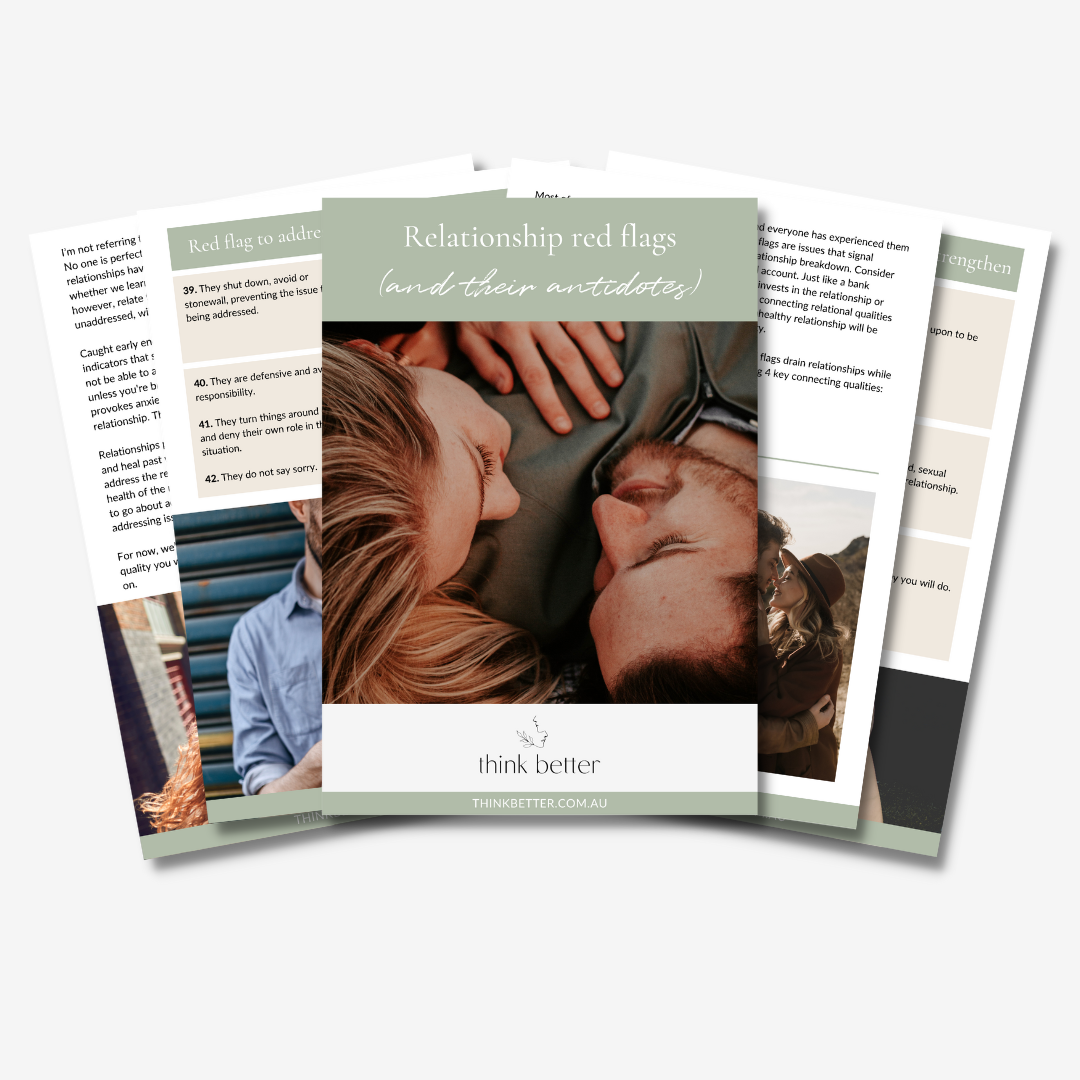A little comparison can be helpful for motivation and to show you possibilities for change and growth. However, too much comparison can end up blocking your expression of your authentic self and may even contribute to low self-esteem and mental health issues. The problem with comparison is that it can sometimes be subconscious, habit forming and difficult to shake.
You may be aware you compare yourself to others, but sometimes you will not be aware you are doing it, or you feel compelled to do it without being able to stop. Far too often you will be engaged subconsciously in comparison, affecting your moods, wellbeing, and self-esteem. The unfortunate impact of this automatic comparison is that someone wins, and someone loses. You are either better than the person or standard you are comparing yourself to or you are worse. There is no win-win. Just a constant treadmill of feeling good or bad based on the comparison. You can become trapped on the scales of self-worth, measuring your worth based on an endless stream of comparison.
Types of comparisons
Comparison takes different forms. Perhaps you compare yourself to a list of “shoulds” and as yet unfulfilled achievements. This tendency to compare your actual self (where you are now) to your ideal self (a construct of who you wish you were) can be helpful if the ideal is realistic and within your capacity. It can serve as a motivator and can help you to achieve your goals. However, it can also be toxic if your ideal is beyond your capacity, giving rise to feelings of discontent and inadequacy. Constantly wishing you were better is not a state conducive to happiness and contentment. A focus on what you lack can manifest as anxiety and/or depression.
Increasingly pervasive is the tendency to compare via social comparison, assessing yourself compared to those around you. If you feel that you are better than the person you are comparing yourself to, you get an ego boost and feel good. Of course, this doesn’t make for healthy self-esteem and whatever high you experience cannot last – another comparison is just around the corner. The next person you compare yourself to may have more career success, better hair, a fitter body, an enviable relationship, the list goes on. Then your mood will dip, along with your self-esteem as you experience envy, jealousy, and discontent. This is not a healthy state in the long term and can also lead to low self-esteem and mental health problems.
Why we compare
The tendency to compare starts early in life. From the time we learn to walk and talk we are taught to conform to familial and societal expectations. At school we are praised for achievement in line with a grading system which teaches us to compare ourselves to others. At home our parents are encouraged to compare us with others from as early as the first visit to the Maternal and Child Health Nurse.
Our character traits are identified and reinforced within the family unit as our sense of self develops. Many parents impose expectations based on their children’s perceived abilities, their own desires (both fulfilled and unfulfilled) and the achievements of others of similar status. Perhaps you were constantly compared to a sibling or other family member. This is often done without malice as your parents were also taught to compare so do it automatically. It is far rarer to find a parent who watches their child grow without imposing expectations based on comparisons.
So what can you do about it? Here’s our top 5 tips.
Top 5 tips to stop comparing yourself to others
1. Be aware and manage your attention.
Pay attention to your thoughts and emotions and catch yourself when you are engaged in comparison. Signs to watch out for are feeling jealous or envious, longing to be different, ruminating on a specific quality or attribute of another person you lack, feeling unworthy when you watch someone do something or talk about what they have been doing. Bring your attention back to the present moment by taking several deep breaths, send yourself some love and remember to practice self-compassion, soothing your desire to be more.
2. Actively focus on gratitude.
One of the most helpful things you can turn your focus to when you catch yourself comparing is gratitude. Find something to be grateful for and let your mind bathe in it. Your mind will often marinate in more negative states of mind so balance it out with actively practicing gratitude. It’s easy to take things for granted so look out for small things to be grateful for – a kind word, someone letting you into traffic, a smile from a stranger. There is much to be grateful for if you look for it.
3. Don’t get caught in the social media trap.
Social media can be a helpful tool for connection, but it can also be a way to torment yourself with comparison. Is that person having more fun, achieving more, better looking, happier, than me? Everyone is their own PR Manager now and social media is often curated to display certain aspects of a person’s life while ignoring or hiding others. Photos are edited and filtered, and captions are generated to grab attention. There is so much more under the surface. Nobody has a perfect life. We all experience suffering, it is the nature of being human. If you find yourself stalking someone on social media and suffering when you read their posts, unfollow them as a kindness to yourself.
4. Use comparison skillfully.
If you are going to compare, do so intentionally and skillfully. Helpful comparisons are comparisons to yourself when you have successfully done something that you would like to do again. You can use the comparison to remember how you achieved it and to encourage yourself to fulfil your goals (provided your capacity hasn’t changed). You can also compare yourself to others in an aspirational way. Find role models that you admire, celebrate their successes and endeavor to learn from them and follow in their footsteps.
5. Focus on what makes you authentically you.
Rather than focusing on what you do not have, focus on what you do. Focus on all the good in your life and the qualities that make you uniquely you. There is no one like you. You are one of a kind. Become familiar with, and appreciative of, your natural strengths. Be gentle with your perceived failings and limitations. They deserve kindness and compassion rather than judgement and condemnation. When you embrace all of who you are, you step into your authenticity. Authenticity is the foundation of personal and emotional freedom. With authenticity you have the freedom to choose what you do, how you live – who you are. You are no longer hooked by comparisons and conforming to the expectations of others. You can be unapologetically you.
The bottom line
Become aware of how you compare and whether it is adding or detracting from your self-esteem and mental health. Healthy comparison can motivate you and give you an example of how to achieve a result you want. In short, healthy comparison spurs you on to achieve your goals. Unhealthy comparisons focuses on unfair, unrealistic or unattainable comparisons to your ideal self or to other people. Unhealthy comparisons create winners and losers and contribute to low self-esteem and mental health issues. You can stop unhealthy comparisons with awareness, compassion, gratitude and by embracing your authenticity. The world needs whatever makes you uniquely you. There is no nothing to be gained by making yourself feel bad with unhealthy comparisons.




0 Comments